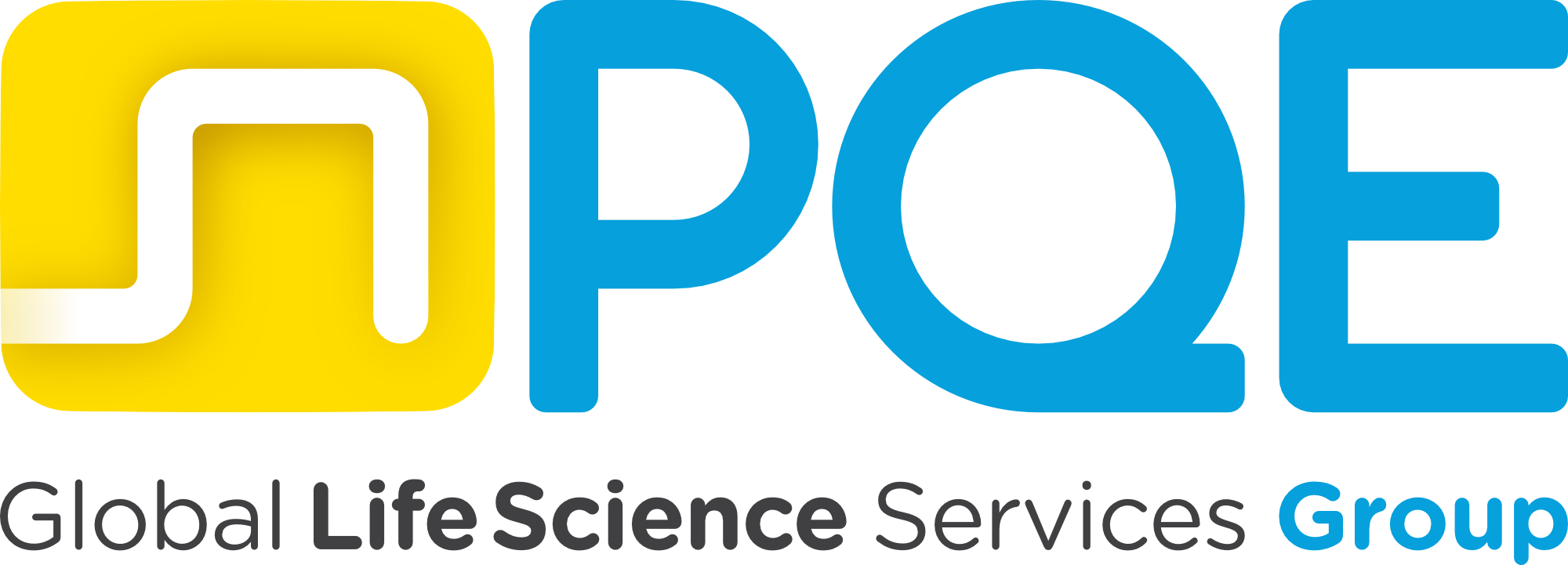Roles of Suppliers from India and China
China and India play key roles in the supply of pharmaceutical ingredients. China is estimated to be currently the largest producer of APIs in the world, with an estimated production of 40% of the total APIs used worldwide, while India has the largest number of FDA approved plants outside the US and is the major supplier of medicines to countries in the global south. It is estimated that China and India are the source of up to 80% of the APIs imported to Europe and the US. In the last decades, there was indeed a massive movement of pharmaceutical production offshore, due to costs saving and less stringent environmental regulations.
Based on the important supply these countries provide, it is very common that a European or American auditor will audit a Chinese or Indian company that is a supplier of one or more ingredients. The execution of an audit in China or India can be quite challenging, though, due to language barriers and cultural differences between the auditee and the auditor. Each phase of the audit can face different challenges.
Audit scheduling
Attention should be provided to the organization of the audit. Working days and times can differ very much from country to country.
Working days
Most factory QA departments generally work from Monday to Friday in both India and China, and therefore have a very limited difference with the European and American standard times. Nevertheless, some sites in India can accept audits also on Saturdays and Sundays and in China, if decided by the government, Saturdays can be working days to compensate when a holiday occurred during normal working days.
National Holidays
Bank holidays in India can differ from state to state, while holidays in China are national and most sites will be closed or have reduced personnel. The duty of the auditor is to communicate with the site in advance in order to understand the most suitable dates to arrange the audit without interfering with the daily schedules of the site personnel.
Communications with the auditee
Proper communication with the auditee is fundamental for the smooth execution of the audit. The main challenges during these communications with the auditee are mostly related to the language barrier. While in India, the English language is very common and it is spoken fluently, however in China, often even high level management cannot understand or speak English. In this case, communicating with the auditee shall be made through translators, brokers or distributors. At this time, it is the duty of the auditor to verify if there is personnel inside the auditee site that can understand and speak English or any other language the auditor can speak; otherwise, organizing a translation activity with an interpreter on site will be necessary and the interpreter shall be duly selected. In addition, communicating requirements for lunch and identifying specific working hours and breaks is highly recommended. Other conditions to be considered while communicating with the auditee is the time difference between the countries; the auditor should expect delays and therefore, any communication shall be done quite in advance.
Setting the audit date
The audit date should be very carefully scheduled by the auditor since it can depend on various parameters, including:
- The audit date should consider the climatic conditions that can be extreme in India and some parts of China: very hot and humid weather can be challenging for the auditors and typhoons or monsoons during particular seasons can be dangerous and can jeopardize the execution of the audit (difficulties or impossibility of travel).
- Another important parameter to be considered during the scheduling of the audit date is the visa request. China and India legislations can require, based on the nationality of the auditor, an issue of a visa or additional documentation that can take some time to be fulfilled. It is the duty of the auditor to calculate time required to set a date to ensure that every bureaucratic issue is solved.
Organization of the stay
Once the audit date is set, another challenge the auditor can face is the organization of the trip and the accommodations. India and China are very big countries and travels between cities can be long and time consuming. Moreover, many pharmaceutical companies are located far from major international airports, thus increasing the difficulty of organizing the trip. Auditees from India and China are willing to help in organizing transports to the site and accommodations, then communicating flight/train details and requirements for hotels is suggested.
Audit preparation
Written agreements designed to protect confidential business or trade information from being disclosed to another party (e.g. Confidentiality Agreements or Non-Disclosure Agreements) can be requested. Since they can be requested in dual languages, this can increase the time needed for the full agreement. In addition, the audit agenda can be requested to be translated, therefore any documentation sharing shall be done in advance considering this necessary additional time.
Audit execution
One of the main challenges the auditor can face when they arrive at the auditee site and meet the relevant personnel is the cultural difference between auditee and auditor. First, the opening audit meeting in India and in China are often seen as very formal meetings with many people in attendance. The auditor shall be informed of the proper way of greeting and they shall use the proper gestures and behaviors in order to not seem rude to the different culture. The show of respect by the auditor to the foreign culture that hosts them is highly appreciated by the auditee. Peculiar to the audit execution, especially in China, is time management: the required audit time can often be doubled due to additional time necessary for the translation and misinterpretations of some technical topics or personnel behaviors. Antagonisms can always occur during an audit and the cultural differences can be a source. The auditor must then be prepared to encounter any issues, prevent them if possible, and clearly explain the purpose of the audit at the start; this will often prevent problems. Close-out meetings, like opening meetings, in India and China are also often formal meetings and the auditor can expect many attendees. This meeting is not the place for discussions, but the auditor must be sure that the observations have been understood.




